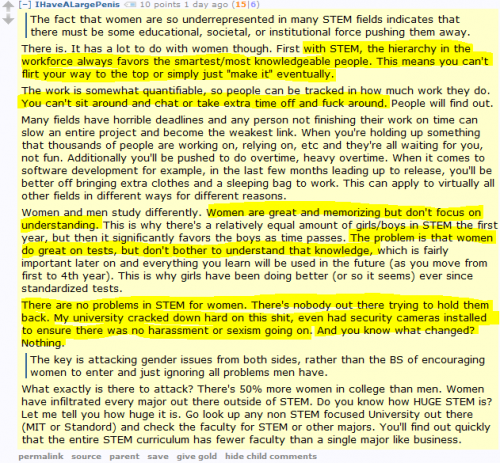No.
This has been a brief example of easy answers to stupid questions. For the longer version, take a look at Dr. Phil’s recent excursion into JAQing off over rape, where he asked if it’s OK to have sex with a drunk girl.
What’s also awful about that notorious tweet is that his twitter history shows what he’s doing: he’s trolling for story ideas for his ghastly little show. If you think that stupid question was bad, just imagine an hour of folksy Dr Phil trying to sympathize with a rapist who uses drugs to remove women’s ability to deny them.
Remember when TV was called a “vast wasteland”? That was in 1961. They hadn’t seen anything yet. If the FCC had seen Dr Phil coming then, they would have shut down all the networks on the spot.




